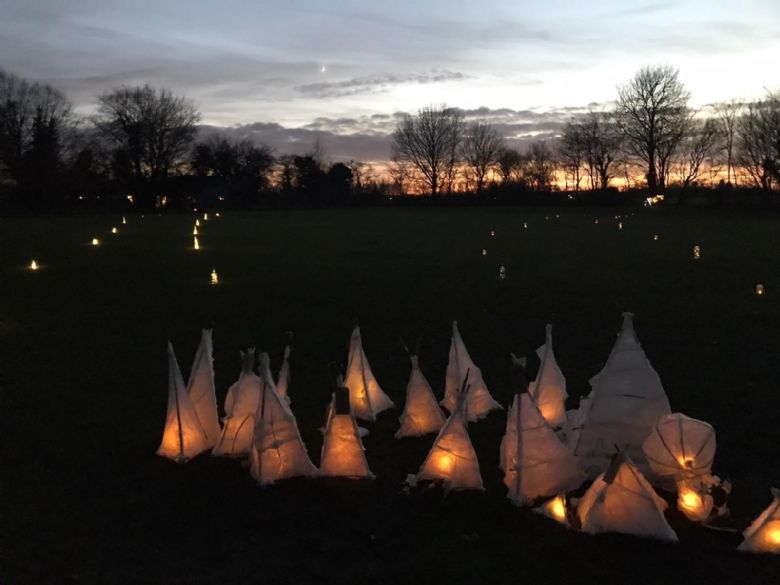RE
Religious Education has a significant role for the development of pupils’ spiritual, moral, social and cultural development. It encourages pupils to develop their sense of identity and belonging through enquiry and reflection and promotes respect and open-mindedness towards others with different faiths and beliefs.
At Occold, we use The Emmanuel Project, a high-quality curriculum developed by the Diocese of St Edmundsbury and Ipswich. This includes teaching units for Christianity, Islam, Hinduism, Sikhism and other world faiths.

RE Intent
Key Purpose
Why is this subject important?
- RE subject matter gives particular opportunities to promote an ethos of respect for others, challenge stereotypes and build understanding of other cultures and beliefs. This contributes to promoting a positive and inclusive school ethos that champions democratic values and human rights.
- RE makes an important contribution to a school’s duty to promote community cohesion. It provides a key context to develop young people’s understanding and appreciation of diversity, to promote shared values and to challenge racism and discrimination
- RE gives children the knowledge, skills and understanding to discern and value truth and goodness, strengthening their capacity for making moral judgements and for evaluating different types of commitment to make positive and healthy choices.
- RE contributes to pupils’ personal development and well-being and to community cohesion by promoting mutual respect and tolerance in a diverse society.
- RE offers opportunities for personal reflection and spiritual development, deepening the understanding of the significance of religion in the lives of others – individually, communally and cross-culturally.
Key Principles
What are the distinctive ways of knowing, working and learning in this subject?
- We work from The Emmanuel Project which is an RE scheme of work for EYFS to Y6 which covers the Suffolk Agreed Syllabus for RE (2012). This is a set of enquiry based units on Christianity and other world faiths.
- A range of teaching and learning activities will ensure that pupils learn effectively and with interest.
- The long and medium term plans ensure that there is progression throughout the school and that children are building upon knowledge learnt in previous years
- A range of visitors will be invited to support the teaching of RE, and where possible, there will be planned visits to places of worship.
- We have a wide range of resources to support teaching of RE
- We use art and craft, drama, role play and dance to enable students to express their ideas.
Expectations
What does success look like in this subject?
- Pupils will develop knowledge and understanding of different religions and practices so that they understand the importance of places of worships, sacred objects and recognise that faith provides a way of interpreting life and its meaning.
- Pupils understand how belief may impact on culture, relationships, values and lifestyle.
- Pupils will develop spiritually, morally, culturally and socially by helping them to reflect upon personal feelings, responses and relationships.
- Pupils will explore ways in which religious values and teaching have an impact on actions and decisions for people of faith
- Pupils will develop skills of reflection, empathy, communication, analysis, investigation, interpretation, evaluation and synthesis and a sense of awe, wonder and mystery.
- Pupils will develop attitudes of respect, sensitivity, open-mindedness and self-esteem.
- Pupils will ask and reflect on challenging questions.
The heart of the discerning acquires knowledge, for the ears of the wise seek it out.
Proverbs 18:15
